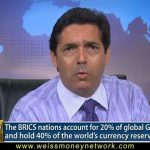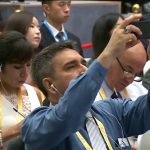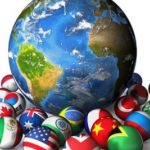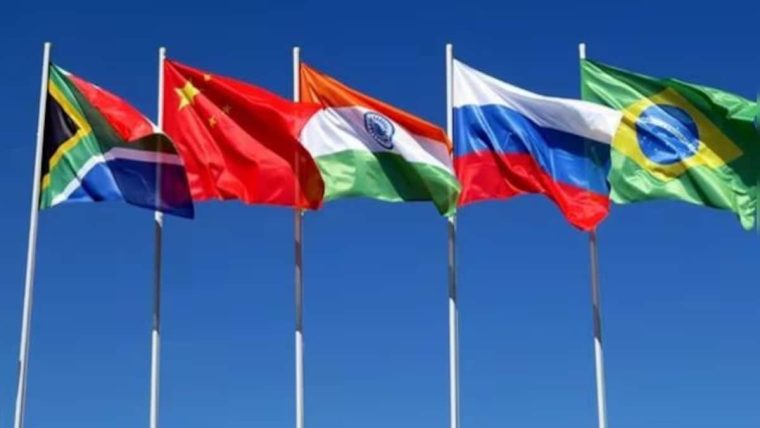As Russia took on the BRICS presidency, President Vladimir Putin declared on Monday that the group has now expanded to a 10-nation body with Egypt, Ethiopia, Iran, Saudi Arabia, and the United Arab Emirates joining as new members.
The BRICS has become a ‘positive and stable force for good’ in international affairs and its expansion with five more countries showed its bright prospects and expressed its full confidence in the group’s future, China on Tuesday said.
As Russia took on the BRICS presidency, President Vladimir Putin declared on Monday that the group has now expanded to a 10-nation body with Egypt, Ethiopia, Iran, Saudi Arabia, and the United Arab Emirates joining as new members.
During the BRICS summit in Johannesburg in August, the leaders of the bloc approved a proposal to admit six countries, including Argentina, into the group starting from January 1. However, last week, Argentina’s new President Javier Milei announced the withdrawal of his country from becoming a member of the BRICS (Brazil-Russia-India-China-South Africa).
Playing down President Milei’s move to withdraw his country from becoming a member of the BRICS, Chinese Foreign Ministry spokesman Wang Wenbin told a media briefing here that the addition of new members serves the common aspiration of emerging markets and developing countries.
“Let me make it very clear that we are fully confident in the BRICS’ future,” Wang said when asked to comment on Milei’s decision.
Since its inception 18 years ago, BRICS cooperation mechanism has increased cohesiveness and influence and become a positive and stable force for good in international affairs, Wang said.
“You mentioned the fact that BRICS now has 10 member states. That shows exactly its bright prospect,” he said, referring to the admission of Egypt, Ethiopia, Iran, Saudi Arabia and the United Arab Emirates. As Moscow assumed the presidency of BRICS, Russian President Vladimir Putin on Monday said the grouping has become a 10-nation body.
Wang said that at the request of relevant countries, BRICS decided to expand its membership, which serves the common aspiration of emerging markets and developing countries, and follows the global trend towards multipolarity.” We will work with BRICS partners to strive for new results in greater BRICS cooperation,” he said.
The grouping took shape in September 2006 and it originally comprised Brazil, Russia, India and China (BRIC). It was renamed BRICS after South Africa was accepted as a full member in September 2010.
WHAT IS BRICS?
The acronym BRIC, which did not initially include South Africa, was coined in 2001 by then Goldman Sachs chief economist Jim O’Neill in a research paper that underlined the growth potential of Brazil, Russia, India and China.
The bloc was founded as an informal club in 2009 to provide a platform for its members to challenge a world order dominated by the United States and its Western allies.
Its creation was initiated by Russia.
The group is not a formal multilateral organisation like the United Nations, World Bank or the Organisation of the Petroleum Exporting Countries (OPEC).
The heads of state and government of the member nations convene annually with each nation taking up a one-year rotating chairmanship of the group.
WHO ARE THE MEMBERS?
Brazil, Russia, India and China are the founding members.
South Africa, the smallest member in terms of economic clout and population, was the first beneficiary of an expansion of the bloc in 2010 when the grouping became known as BRICS.
Together the countries account for more than 40% of the world population and a quarter of the global economy.
Apart from geopolitics, the group’s focus includes economic cooperation and increasing multilateral trade and development. The bloc operates by consensus. All the BRICS countries are part of the Group of 20 (G20) of major economies.
With inputs from agencies.









